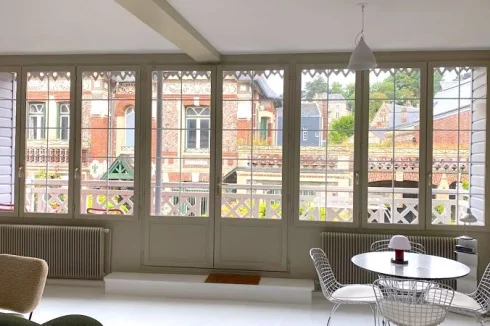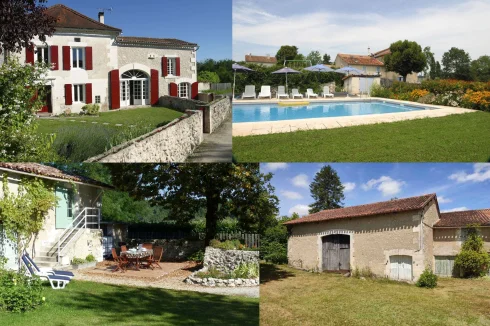Business Start-Up Training Course
Tuesday 07 June 2016
Many expatriates setting up a business in France are being told by their business registration centre they must attend a start-up training course when they may in fact be exempt.
It has long been a requirement of French law that, as part of the process of business registration, those proposing to run a trade (artisan) based business undertake a compulsory training course.
You cannot obtain registration of such a business unless you have completed the course.
Curiously, it is not a requirement that applies to those setting up in commercial services, agricultural activities, or those in one of the professions libérales.
The course is called Stage de Préparation à l'Installation (SPI), which takes place over several days through the auspices of the Chambre de Metiers, the business registration centre for trade activities.
The cost of the course does vary, but is generally around €250. It covers the basics of business management, tax and legal issues.
Until 2014, those registering a trade based business as an auto-entrepreneur (now called micro-entrepreneur) were exempt from this training requirement.
It was one of the perks of this business status, one to which the construction lobby in France gravely objected and so it was abolished by the Loi Pinel in 2014.
As a result, any person proposing a trade activity must now attend the course, whatever their proposed business tax status.
However, subject to demonstrating suitable experience and/or qualifications it has always been possible to obtain exemption from the course.
The business registration centres are not always too forthcoming about the exemption provisions, which may not be entirely unconnected with the fee income they obtain from running the courses.
Expatriates setting up a new business in France are likely to be the least informed about the possibility of sitting out the course, so it is not surprising we regularly get a trickle of mails from readers who seem to us to be oblivious to their potential right of exemption.
Indeed, some of you have recounted your obligatory attendance on a course, despite the fact the business you are proposing to set up is not trade based. These courses are frequently run by the Chambre de Commerce, where attendance is entirely discretionary.
The exemption provisions are contained in Loi no 82-1091 23 décembre 1982, and apply to both French nationals and to those from Europe.
In particular, insofar as EEA nationals are concerned, Article 2 of Loi no 82-1091 makes it clear that exemption should be granted automatically where the individual is suitably qualified, by stating:
'Pour s'établir en France, un professionnel qualifié ressortissant d'un Etat membre de la Communauté européenne ou d'un autre Etat partie à l'accord sur l'Espace économique européen est dispensé de suivre le stage prévu au premier alinéa.'
As to just what is 'un professionnel qualifié' the regulation states that it is an individual who has a recognised business management qualification, or who can demonstrate at least three years' experience of running a business.
Now, as, strictly speaking, it is not possible to run a trade business in France without being able to demonstrate three years' relevant experience or a recognised professional qualification, this effectively amounts to the right of an automatic exemption from the training course for a great many EEA nationals.
Where the centre decides to grant exemption, it is still possible for them to require that the applicant attends an adaptation course or sits an aptitude test.
The requirement can, however be imposed only if there are 'différences substantielles' between the qualifications/experience of the individual concerned from those required to run a trade business in France.
Once again, they cannot insist on such a test if the individual can demonstrate at least three years' experience of running a company, or two years if accompanied by a suitable business qualification.
In order to obtain exemption, strictly speaking you need to make a formal application, for which a notional fee is payable, but much is down to local administrative practice.
Whether you wish to attend on a voluntary basis is of course for you to decide, and factors that may influence your decision might be the level of your French language competence, your understanding of French business law and practice, and your evaluation of the quality of the course.
Where there is an issue of language competency, one not uncommon practice is for a centre to take the fee for a course, with a certificate of attendance and proficiency being granted, without insisting to an individual that they actually attend it!
For certain artisanal business activities the government are planning to remove the requirement to hold a relevant qualification, but at this stage the list of those professions concerned by this change remains unknown, as do the implications on the business start-up training course.
Next Article: Sterling/Euro Review
Thank you for showing an interest in our News section.
Our News section is no longer being published although our catalogue of articles remains in place.
If you found our News useful, please have a look at France Insider, our subscription based News service with in-depth analysis, or our authoritative Guides to France.
If you require advice and assistance with the purchase of French property and moving to France, then take a look at the France Insider Property Clinic.





